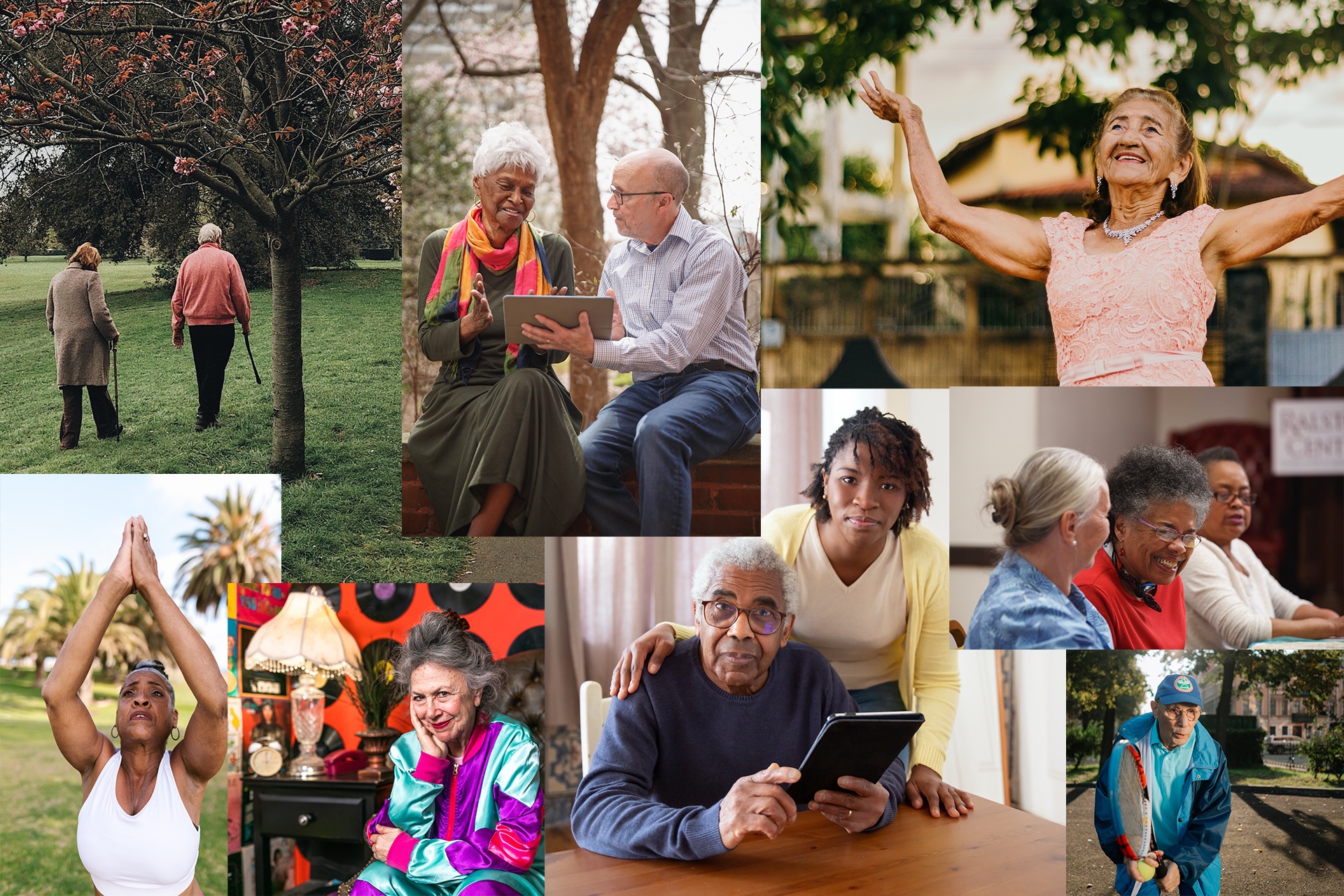Loneliness has been called an epidemic, and in Philadelphia the numbers make clear why older adults are so vulnerable. Nearly one in five Philadelphians—316,000 people—are over 60. Half of them live alone, and almost a third struggle with independent living. Economic insecurity compounds the problem: more than 20% live below the poverty line, 30% spend over 30% of their income just on housing costs, and almost one-third rely on food assistance. Add barriers such as language access, disability, and widowhood, and the risk of isolation grows even more stark.
“The older adults most affected by social isolation are often the same ones facing economic hardship, health challenges, and systemic inequities,” says Heather Finnegan, Executive Director of the Sarah Ralston Foundation. “Reducing isolation isn’t a single program—it requires creativity, compassion, and partnerships that meet people where they are.”
Across the city, our Innovative Project Support grantee partners are taking on the challenge of loneliness and isolation head-on. This focus area is central to the Sarah Ralston Foundation’s mission, and we are honored to support organizations that are creating inventive, deeply human solutions. The projects highlighted below are all funded, at least in part, through SRF’s Innovative Project Support grants. Each represents a unique approach—whether through clinical group support, peer-to-peer circles, creative expression, or culturally grounded community building—but all share the same goal: to ensure that older adults are not left to face aging alone.
At Intercommunity Action, grief support groups in Southwest Philadelphia and Port Richmond give older adults safe places to talk about loss. What began as small circles has grown into a network of groups across senior centers, YMCA sites, and senior living facilities. Participants describe the groups as places where they not only find comfort but regain confidence and belonging.
For elders raising grandchildren, Council for Relationships partnered with Connectedly to pilot therapeutic group sessions. These sessions, co-facilitated with clinicians, offer grandparents a confidential space to share the stressors of caregiving and community violence while building resilience. The hope is that these pilot groups will scale, creating stronger peer support networks and reducing the deep isolation kinship caregivers often face.
Other projects use creative practices to strengthen bonds. At Depaul USA, horticulture therapy has brought residents of supportive housing together in workshops with themes like Cultivating Joy and Processing Grief. For chronically homeless older adults, the simple act of planting seedlings and taking field trips to Chanticleer and Longwood Gardens offered not just respite, but community. Residents described the outings as “relaxing” and “pleasurable to be in community”—a reminder of the healing power of connection.
And for immigrant elders, AFAHO’s Wisdom Village has blended culturally tailored health support with cooking, gardening, and computer training. The program’s design reflects the diversity of its participants: staff speak 19 languages and center lived experience in shaping services. Elders reported that the program reduced isolation by 80% and restored dignity by reinforcing cultural identity and building intergenerational bridges.
Each of these efforts demonstrates that addressing isolation is not about one-size-fits-all programming. It’s about listening, adapting, and creating spaces where older adults feel seen and supported. The outcomes—reduced loneliness, stronger peer networks, renewed confidence—speak to the power of investing in human connection.
As Heather Finnegan reflects: “Our partners remind us that belonging is not a luxury—it’s a lifeline. By reducing isolation, we’re not only improving quality of life for older adults, we’re strengthening the fabric of our entire community.”


